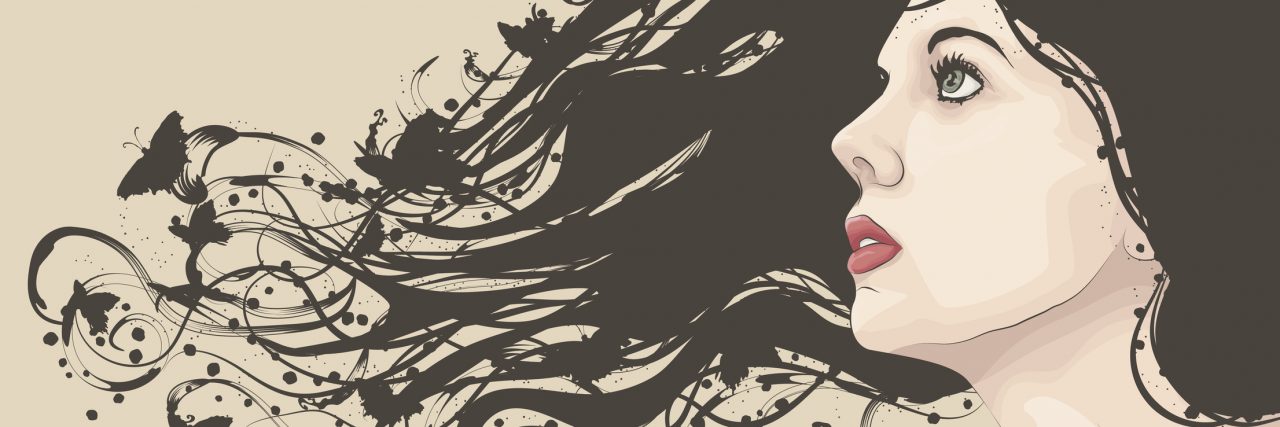Recovery is such an important, difficult, amazing, frustrating, relieving and everything in between emotional state. Recovery can mean a lot of things, despite what the preconceived notion of what it actually is.
Throughout the process of pinpointing battles and figuring the best strategy for recovery — whether it be therapy, support and/or medications — we have to realize the reality of high highs and low lows of recovery. Just because you’re working on yourself immensely, doesn’t mean you will automatically start recovering. Months can go by and it can feel like you’re dragging yourself to something that will never change, but one day it will.
Going through my own personal battle with my mental health, I didn’t start taking recovery seriously until eight months into it. I found myself feeling helpless, annoyed and blaming everyone and everything on my “slow progress.” But in reality, I wasn’t taking it seriously. I was lying to myself, my therapist, my psychiatrist, friends and family — mostly because I was scared. I started, in some sense, sabotaging my recovery. I’d find myself doing things to trigger sleepless nights which led to sleeping all day, creating waves and waves of mood instability. In the most honest way I can put it, I was afraid of losing what I had become accustomed to. My illness was mostly what I’ve know.
Realizing I didn’t deserve what I’ve dealt with for so long, was a strange, unsettling feeling. But in my experience, it does subside, and will prove to be an important turning point in recovery. Recovery doesn’t just happen, like people assume. It involves a lot of effort to literally rewire your brain and every single thing your disorder has convinced you of. It was tiring and sometimes I wanted to give up, but at a certain point, I took it seriously and began to heal.
Mental illness can encompass our personalities. Those struggling for what feels like forever can sometimes feel as though their illness has shaped their personality. Once I started recovering, it was absolutely terrifying to realize what I thought my personality was, actually wasn’t it. This isn’t to say this includes everyone, but if you’ve fallen into this category, just know you’re not the only one. What do you do when you realize that you’re not the person you always thought you were? Do you believe yourself, do you think you’re lying, faking it?
All of these questions ran through my head. Imagine waking up after what seemed like the longest sleep of your life on the foggiest ill weathered day, and the next day you wake up and realize you slept the best you ever have and everything is bright and exciting! This is how I think of how recovery snuck up on me. I noticed a change that seemed to happen overnight.
I thought I was an extremely shy, self-conscious and quiet person. I’ve felt like that all of my life, but when I began recovering, I felt ridiculously different. I wanted to make new friends, I wanted to talk to everyone. On some days, I felt great — completely opposite of what I thought I was. I noticed I laughed way more than usual and my sarcasm started to peek out of hiding. Thinking back, I’ve never laughed and giggled as much as I did in those two weeks of real recovery than I did in my entire eight months of starting my recovery. Recovery brought out the “real me,” which was terrifying at times, but the real me is the person I want to be.
We want to hear your story. Become a Mighty contributor here.
Thinkstock photo via Transfuchsian.

